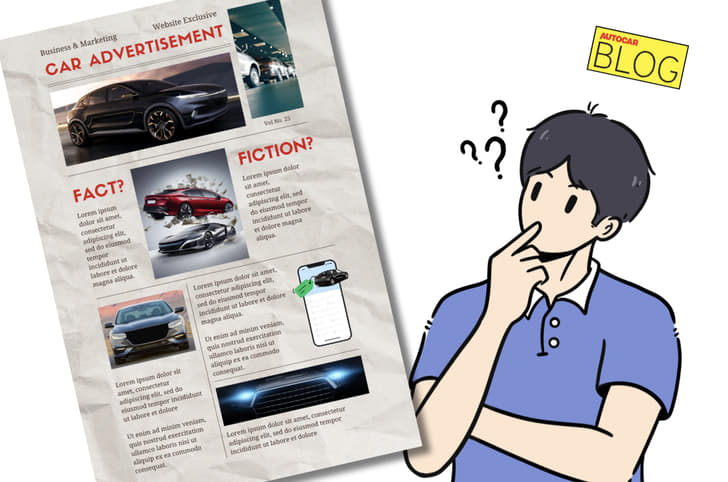“Restructuring the relevant business will require a change in the mindset of all individuals, from management to employees, as well as a drastic reform of corporate culture”. So reads the official statement from Toyota Motor Corporation (TMC) amid the discovery of irregularities in its diesel engine horsepower certification testing that caused the temporary suspension of deliveries of affected models globally, including India. We reported this last month, basically the issue was that Toyota Industries Corporation (TICO) – TMC’s testing and development partner had used cheat software to ‘smoothen’ the power and torque curves of its engines.
This piece isn’t about the issue specifically, but I chose that particular line from the release as one thought always comes to my mind when these scandals break. It’s pretty much always management pressure that’s the root cause. This has been reported often and I’ve personally seen it too. Whether it’s this issue or the Toyota-Daihatsu one where safety tests were rigged, or even VW’s ‘Dieselgate’, it’s most often the case that management pressure drove the company and its employees to shortcuts and getting ‘creative’ in fulfilling lofty demands from the leadership.
What can be done, then? While the answer to that is complex, it can be crystallised into a very simple one. Target and goal setting – no matter how macro – needs to be a collaborative process between all stakeholders, and not limited to senior management; that’s something easily done. Many companies do this already, but unfortunately, there are still those who have very hierarchical setups and cultures, where targets and instructions are driven from the top down. If Toyota and others who have fallen to this scourge are serious about a change, then this is an area they must address.
So it was nice seeing Toyota acknowledge this fact and state that change and reform needs to include the management and its corporate culture. The statement did say however, “Such tasks cannot be accomplished overnight”. And while that’s very true, it does also seem like a cop out. Hopefully though it wasn’t and change will come.






























